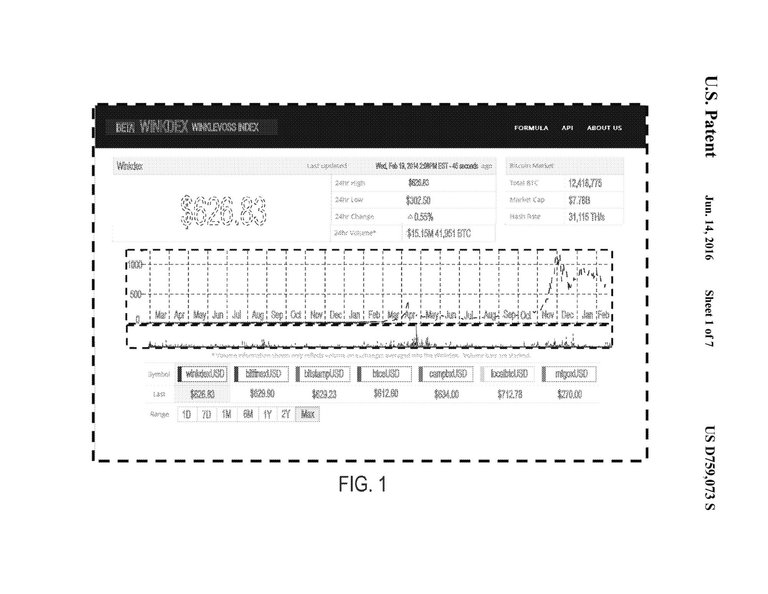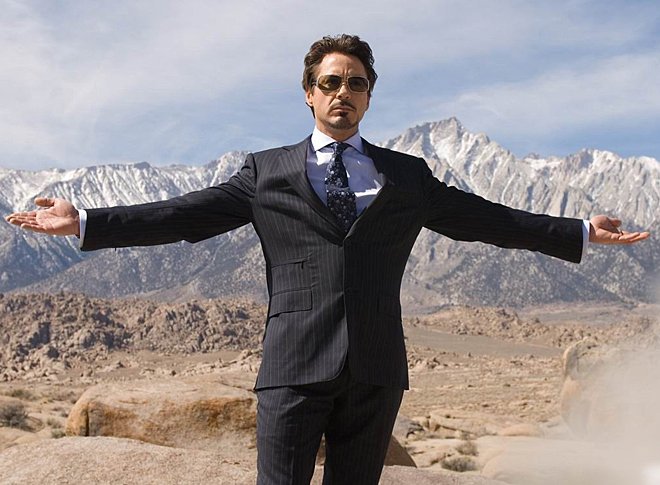Inviolability of private property and rights thereto is one of the foundations of modern developed society. And patents are one of the ways to protect this inviolability. Big companies tend to patent any invention or technology that could bring profits without giving too much consideration to the ethical side of the things.

Blockchain technology is but another victim of sharks hungry for the big buck. Institutions like Goldman Sachs (wants to use blockchain technology to replace the traditional foreign exchange), R3 CEV consortium (a distributed ledger platform designed to manage financial agreements between regulated financial institutions), and Verizon Communications (a system that may maintain a list of passcodes in a passcode blockchain) have all already filed corresponding patents. Craig Wright, who earlier failed to prove he was the Bitcoin inventor Satoshi Nakamoto, is also busy with patents. According to media reports, he has filed more than 50 patent applications relating to the crypto currency with the UK Intellectual Property Office. Moreover, close associates of Dr Wright claim he actually seeks to file about 400 patent applications.
Is it possible that one day someone would just patent every possible and impossible applications of blockchain and cryptocurrencies?
ForkLog studied the information on patents issued by the U.S. PTO. There are merely 11 patents actually issued with a few hundred applications pending.
Robocoin founders John W. Russel and Mark Russell have patented a “Bitcoin kiosk/ATM device and system integrating enrollment protocol and method of using the same”. The pair has patented rights to both the working principles of the machine and its architecture, appearance and applicability. One may just wonder if companies like RockitCoin or Athena Bitcoin, which are expanding their BTM networks in the States, are aware of that.
Symantec that had used blockchain technology to cover digital signature confirmation issues has also got a blockchain patent.
“The overall digital signature system may encrypt data and/or protect the public key using a public-key infrastructure, third party certificate authority, PRETTY GOOD PRIVACY (PGP) encryption, the PGP-based WEB OF TRUST, and/or blockchain functionality to address the problem of public key authentication,” the patent states.
Winklevoss IP LLC has patented an industrial specimen of so-called Display Screen Portion.

Cognizant Business Services Ltd. has found a peculiar way to use blockchain in a system for location detection and communication through latent dynamic network interactions. The method is performed by a first connected sensor having accurate location data and includes detecting an identifying signal of a second sensor in proximity to the first sensor. There may be lots of such sensors exchanging transactions they store. One may browse the transactions on a local server. Thus, the developers believe such a network may be considered a blockchain.
Finally, there is Coinbase Inc. that had patented a computer system for making a payment using a tip button. The paper describes a system of bitcoin transactions, with bitcoins sent even to e-mail addresses. The system also offers hot bitcoin wallets, separation of private keys and the buyer and the seller trading their local currencies.

With the growing number of blockchain-related patents, developers may soon require a host of lawyers protecting their rights both from competitors and patent trolls. You needn’t look hard to find examples, just remember the recent Apple vs Samsung patent war that resulted in the latter being forced to pay out $1 billion for violating six patents, including the one for zooming images on a smartphone with two fingers, and the other one for Home button.
In 2015, a resident of Kyiv has patented an “accumulator device”, and in 1999 two Russians have patented a “glass container” representing a regular bottle. This way the pair has legally become the sole authors of all bottles in the world, and after a while the patent was purchased by Technopolis LLC that demanded license fees to be paid by all soda manufacturers worldwide. Fortunately, the defendants’ lawyers have eventually nullified the patent, so the scammers got nothing in the end.
One may only hope the world of blockchain could avoid such cases.
Original publication: http://forklog.net/how-big-businesses-get-patent-rights-on-blockchain/
Hi! I am a content-detection robot. I found similar content that readers might be interested in:
https://thebitcoinnews.com/how-big-businesses-get-patent-rights-on-blockchain/